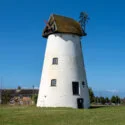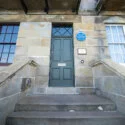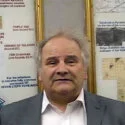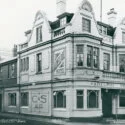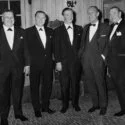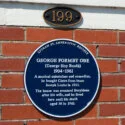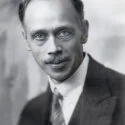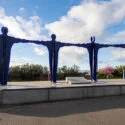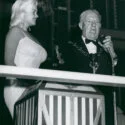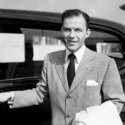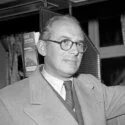George Eastham, OBE (born 23 September 1936 in Blackpool), is a former English footballer best known for his spells with Newcastle United, Arsenal, and Stoke City. A member of England’s 1966 World Cup-winning squad, he is also remembered for his role in a landmark 1963 legal case that reshaped football by granting players greater freedom of movement between clubs. Coming from a footballing family, Eastham’s father, George Eastham Sr., was an England international who played for Bolton Wanderers and Blackpool FC, while his uncle, Harry Eastham, played for Liverpool and Accrington Stanley. As a youngster, George was also a talented cricketer and played for Blackpool Cricket Club alongside future England football international Jimmy Armfield. He attended Revoe School and Arnold School before embarking on his football career.
Eastham began playing professionally with Northern Irish club Ards before moving to Newcastle United in 1956. A skilful inside forward, he became a key player for the Magpies but clashed with the club when he requested a transfer, which Newcastle refused. Determined to challenge the restrictive retain-and-transfer system that bound players to their clubs even after contracts expired, Eastham took legal action. In 1963, the High Court ruled in his favour, a decision that ultimately led to greater freedom for footballers in securing transfers. Following his legal victory, he joined Arsenal, where he spent six seasons at Highbury, making 223 appearances and scoring 41 goals. In 1966, he moved to Stoke City, where his experience and leadership helped the club enjoy a successful period in the early 1970s. A highlight of his career came in 1972 when he scored the winning goal in the League Cup final, securing Stoke’s first major trophy.
Towards the latter part of his career, Eastham spent time in South Africa playing for Hellenic before returning to Stoke as assistant manager under Tony Waddington. When Waddington resigned in March 1977, Eastham took over as manager, becoming only the club’s fourth manager since 1935. However, he inherited a struggling team that had been weakened due to financial constraints following repairs to the Victoria Ground. Unable to prevent Stoke’s relegation from the First Division in 1976–77, he remained in charge for a further ten months but was dismissed in January 1978 after failing to mount a promotion challenge. Following his departure from Stoke, Eastham left professional football and emigrated to South Africa, where he established a sportswear business. He also dedicated himself to coaching local black children, standing as a strong opponent of apartheid. A lifelong Arsenal supporter, he later became chairman of the South African Arsenal Supporters’ Club.
Eastham’s legacy extends beyond his playing achievements. His legal battle in 1963 played a crucial role in improving the rights of footballers, paving the way for modern transfer regulations and player mobility.
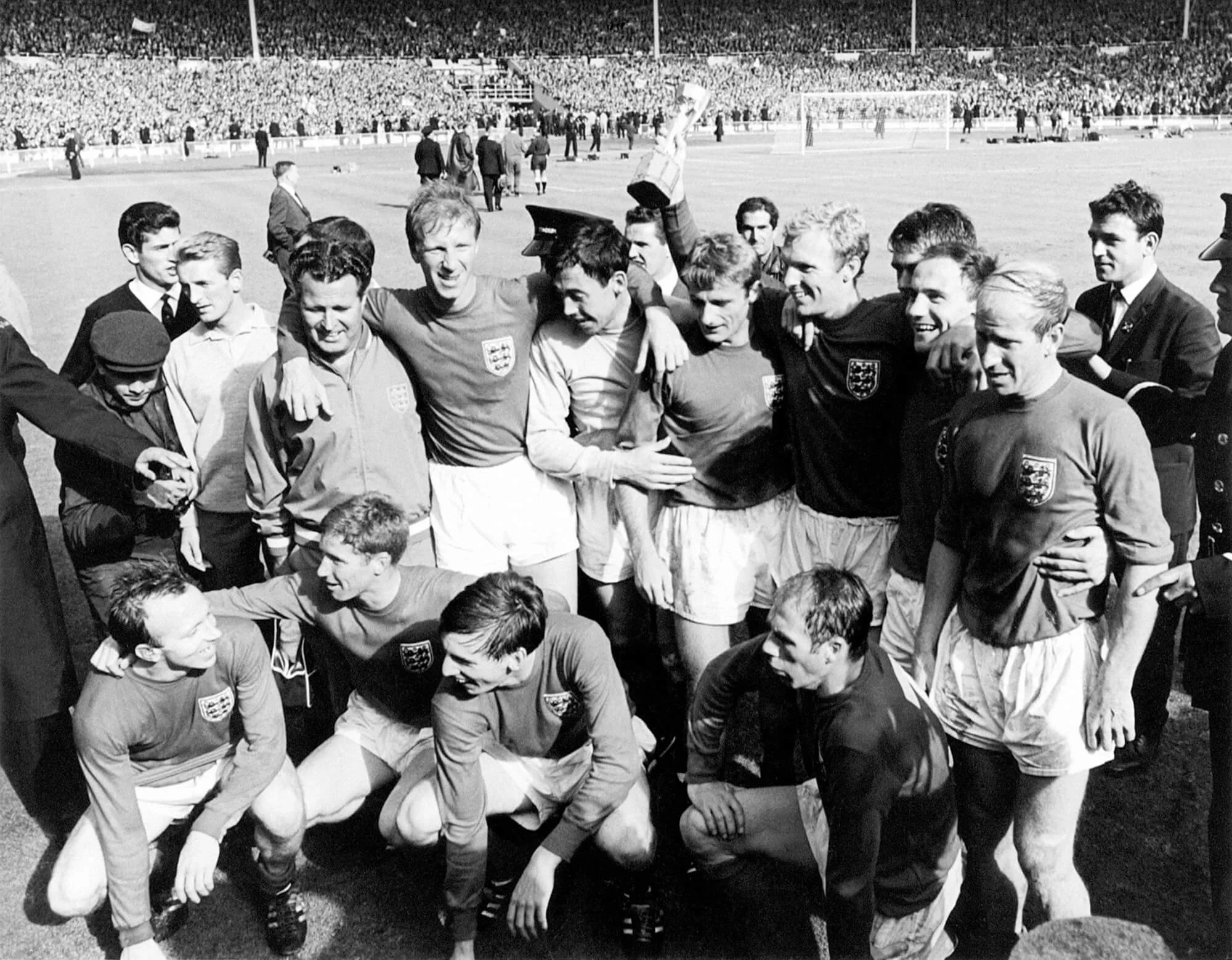
England celebrate winning the Jules Rimet trophy after their 4-2 victory: (back row, l-r) Peter Bonetti (wearing tie), George Eastham, trainer Harold Shepherdson, Jack Charlton, Gordon Banks, Terry Paine (background), Roger Hunt, Bobby Moore, Geoff Hurst, George Cohen, Bobby Charlton; (front row, l-r) Nobby Stiles, Alan Ball, Martin Peters, Ray Wilson.

George Eastham whilst playing for Hellenic FC in Cape Town, South Africa.
Featured Image © Hilton TeperCC BY-SA 3.0
Background Image © Alamy





